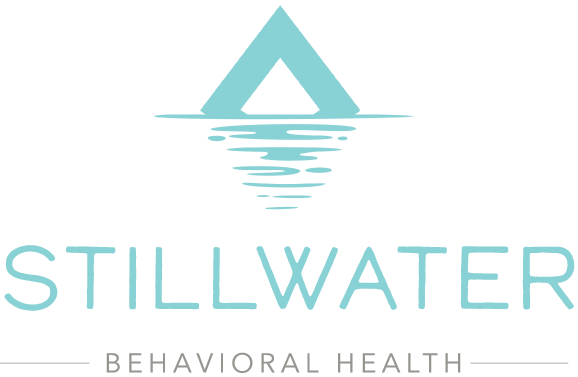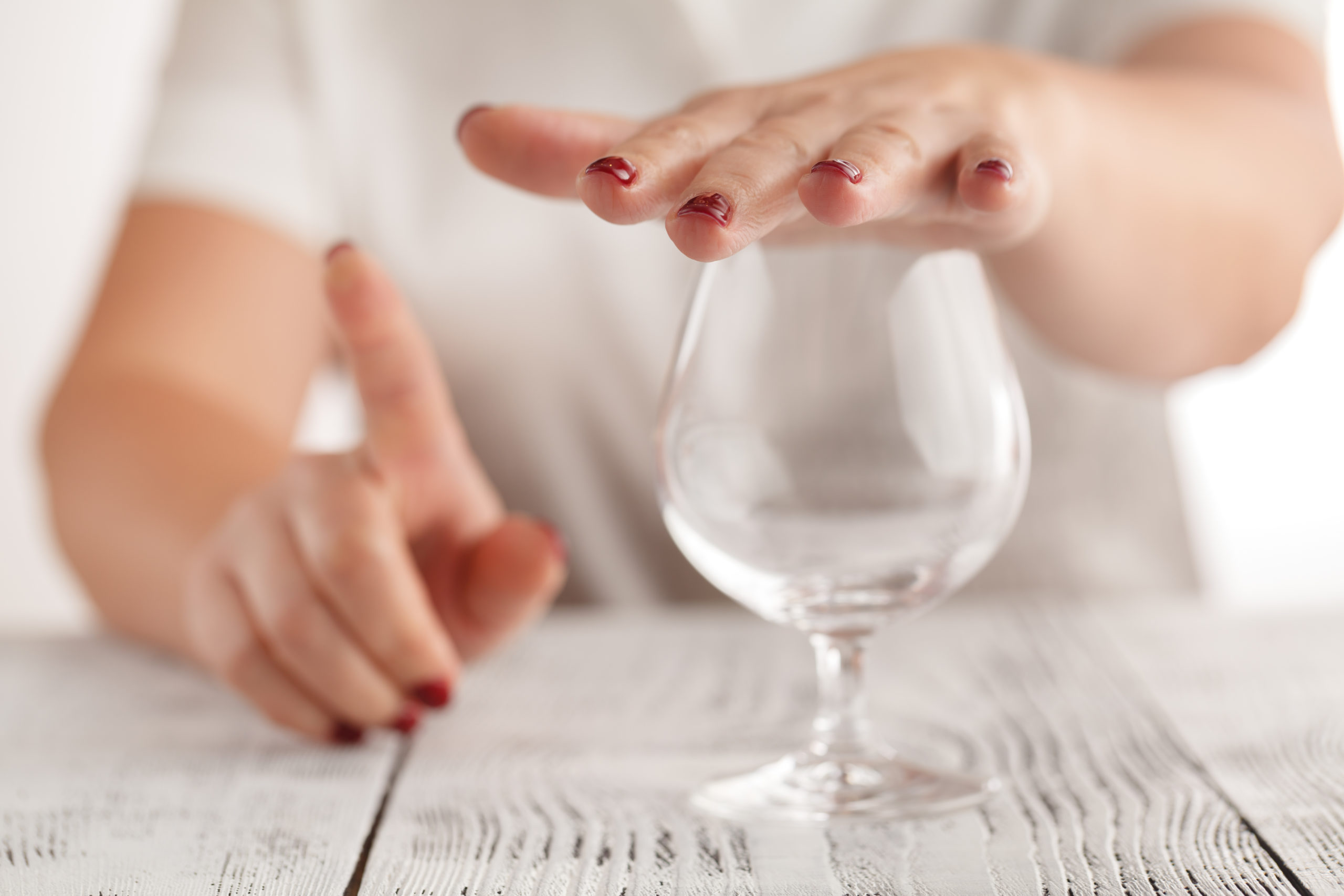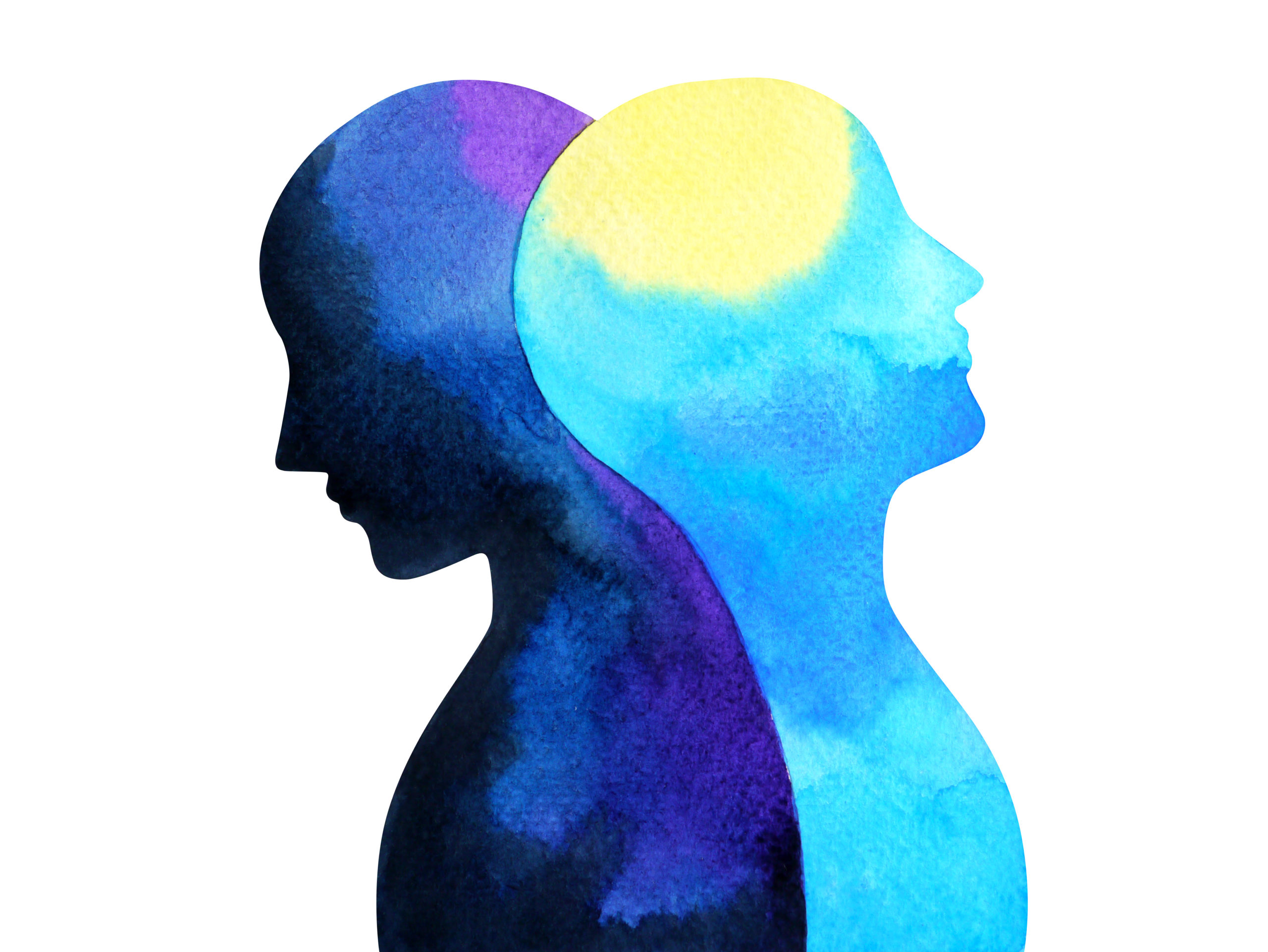In California, over 70% of all overdose deaths occur due to prescription or illegal opioids. This is because opioids, even those prescribed by a doctor, have a high chance of being misused, mismanaged, or mishandled.
If you are concerned that you or a loved one may be struggling with an opioid addiction and may need to go to an opioid treatment center, contact Stillwater Behavioral Health today. Through our effective and comprehensive treatments, our clients leave with the skills necessary for sustainable life-long recovery.
What Are Opioids?
Opioids are pain killers that can be prescribed by a doctor or illegally obtained and taken. Opioids block the opioid pain receptors in nerves blocking and stopping pain. Because of how quickly and efficiently opioids work, the body responds positively to the lack of pain by releasing dopamine and rewarding the body for the positive action causing a lack of pain. This causes the addiction cycle to begin.
The body can eventually become accustomed to the amount of medication taken and not work as effectively, this is called developing a tolerance and requires more of the drug to create the same feeling. This happens with many other types of drugs and alcohol as well.
California doctors prescribe over 17 million opioid prescriptions per year. Opioids are depressants that slow down the system. Codeine, morphine, oxycodone, hydrocodone, and many others are examples of prescription pain medications that can be addictive. Heroin and fentanyl are the two most popular illegal opioids. In fact, fentanyl has been the only drug in the last few years to have consistent increases in use and overdose rates.
Because of the increasing numbers of overdose deaths around the United States, doctors have worked diligently to find effective ways to manage opioid addiction. Now, FDA approved medications methadone, buprenorphine, and naltrexone are available in medically assisted treatment (MAT) and naloxone is available to first responders and at pharmacies nationwide to reverse an overdose.
Opioids can cause uncomfortable symptoms from the first hit. Things like “drowsiness, confusion, nausea, constipation, euphoria, and slowed breathing” are all possible side effects. Additionally, for those who become addicted to opioids, withdrawal symptoms can be even worse.
What Are the Signs of an Opioid Addiction?
Millions of Americans suffer from opioid addictions. There are several important signs to look for when it comes to monitoring yourself or a loved one for an opioid addiction. According to the CDC if opioids have caused financial hardships, family difficulties, or work challenges, it may be time to see help. Additionally, they list the following symptoms:
- Trying to stop or cut down on opioid use but not being able to
- Making mistakes at school or on the job because of using opioids
- Hurting relationships with family and friends because of opioid use
- Developing a tolerance and needing larger amounts of opioids to get high
- Overdosing on drugs
- Having strong cravings for opioids
If you feel like any of these descriptions match you or your loved one’s behavior, contact Stillwater Behavioral Health today. Our opioid treatment center provides the supportive and caring addiction treatment support you need.
How to Find Opioid Treatment Centers Near Me
If you are wondering how to find an opioid treatment center near where you live, look no further than Stillwater Behavioral Health. Our addiction treatment centers provide a tailor-made experience for sustainable recovery. Through holistic treatment plans, designed to heal the mind, body, and spirit, we offer an accredited program in a boutique, luxury environment.
With multiple locations and a 3:1 staff to client ratio, we provide around the clock care and structure for individuals seeking a change in their lifestyle. With private rooms and multiple recreation spaces, clients can spread out and relax while recovering from the trauma of addiction.
Let us support you on your journey of recovery at Stillwater Behavioral Health.





